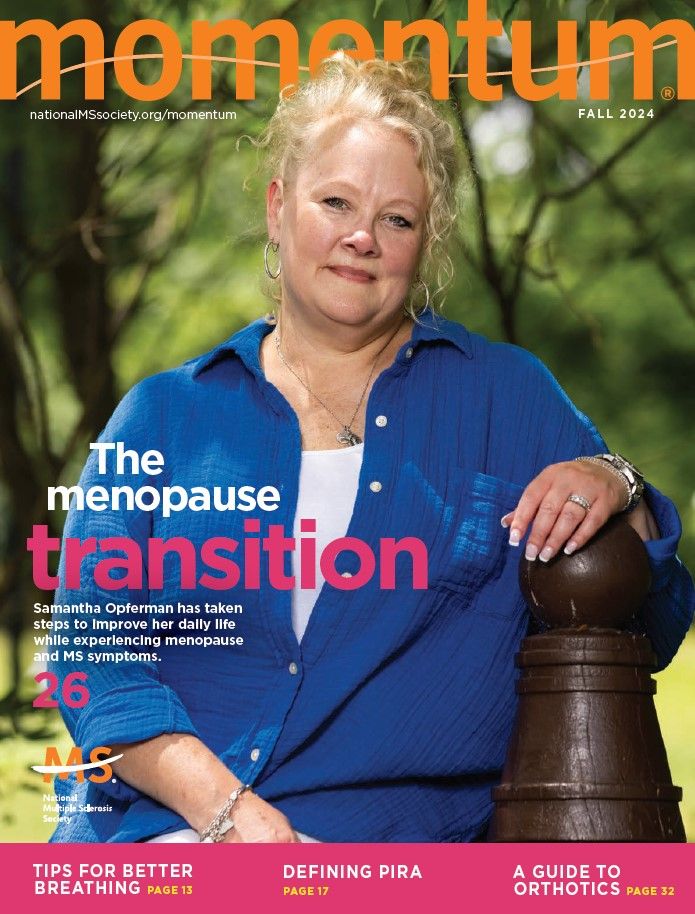When Men Get MS
It may be time to learn a new way to deal with a diagnosis.

A Deep Challenge

What Men Talk About
Men often aren’t comfortable discussing such issues, however. Kirk Williams, a Denver-area man who was diagnosed with MS in 1999, learned that after more than 15 years of participating in groups for men with MS. “You can’t ask a man, ‘How’s your MS going?’ and expect to get an answer beyond ‘OK,’” he said. “Sometimes in a men’s MS group, the subject will not come up at all. We [would] talk about sports or jobs, anything else. We just [couldn’t] seem to come at it straight on.”Men’s attitudes about showing emotion or weakness seem to play heavily into this. Williams added, “One of the groups [he had] been a part of said right on its website: ‘No whining.’ We don’t want to hear any ‘woe is me.’ Men have an unconscious tendency to respond with ‘Come on, pal, man up.’”However, the benefits of opening up are myriad, says Peggy Crawford, PhD, an Ohio-based health psychologist who has worked with people with MS for over 30 years. “This includes feeling less isolated and alone.“Even if men don’t share emotions when they get together, they may exchange practical information, Crawford says, such as recommending a medical professional whom they trust and who understands their issues, especially when dealing with some of the emotional symptoms of MS, like anger or depression. While men may not be comfortable providing one-on-one emotional support, they seem to be willing to provide the resources for others to find it.Williams found, though, that information alone doesn’t motivate men. “We need to get out of the house, to socialize with other men. We used to hold what we called ‘Third Thursday Happy Hour,’ where we got together at a bar for an hour or two,” he said. “We may not have talked at all about MS there, or it may have been all we talked about. Just providing a forum for men to get together helps by keeping us from becoming isolated, and that can go a long way in keeping us as healthy as possible.” In fact, support groups per se may not be the most effective way to help men improve their well-being. Rather, research suggests that efforts to get men with MS to engage with each other must be done in a way that helps them retain a sense of masculinity and belonging. This may be accomplished through mentoring, education or demonstrating self-efficacy (a person’s belief in his ability to succeed in certain situations, influence events and be successful), whether through daily tasks or even physical reconditioning. These approaches might help de-stigmatize their need for support.
Learn Man-Speak











